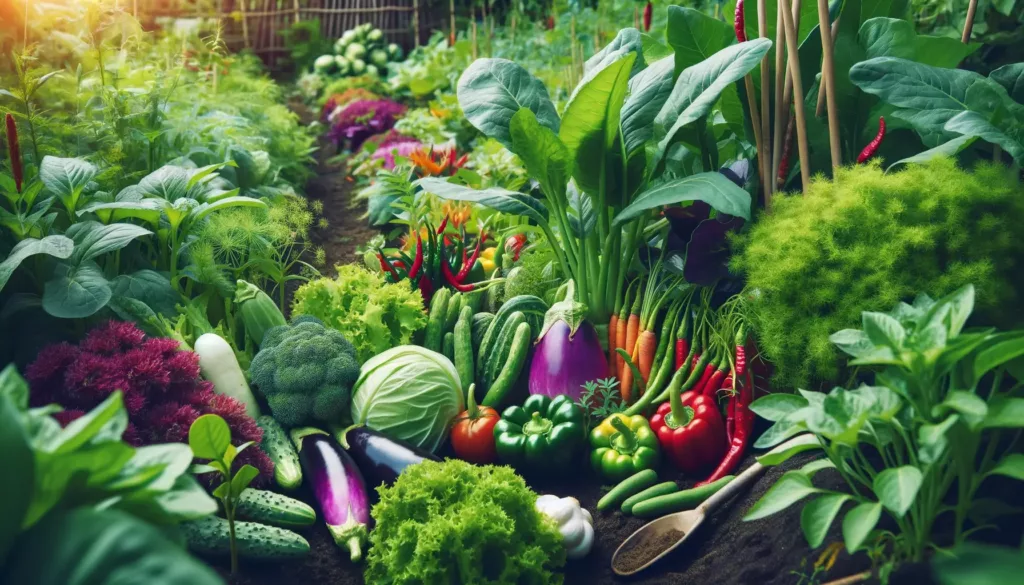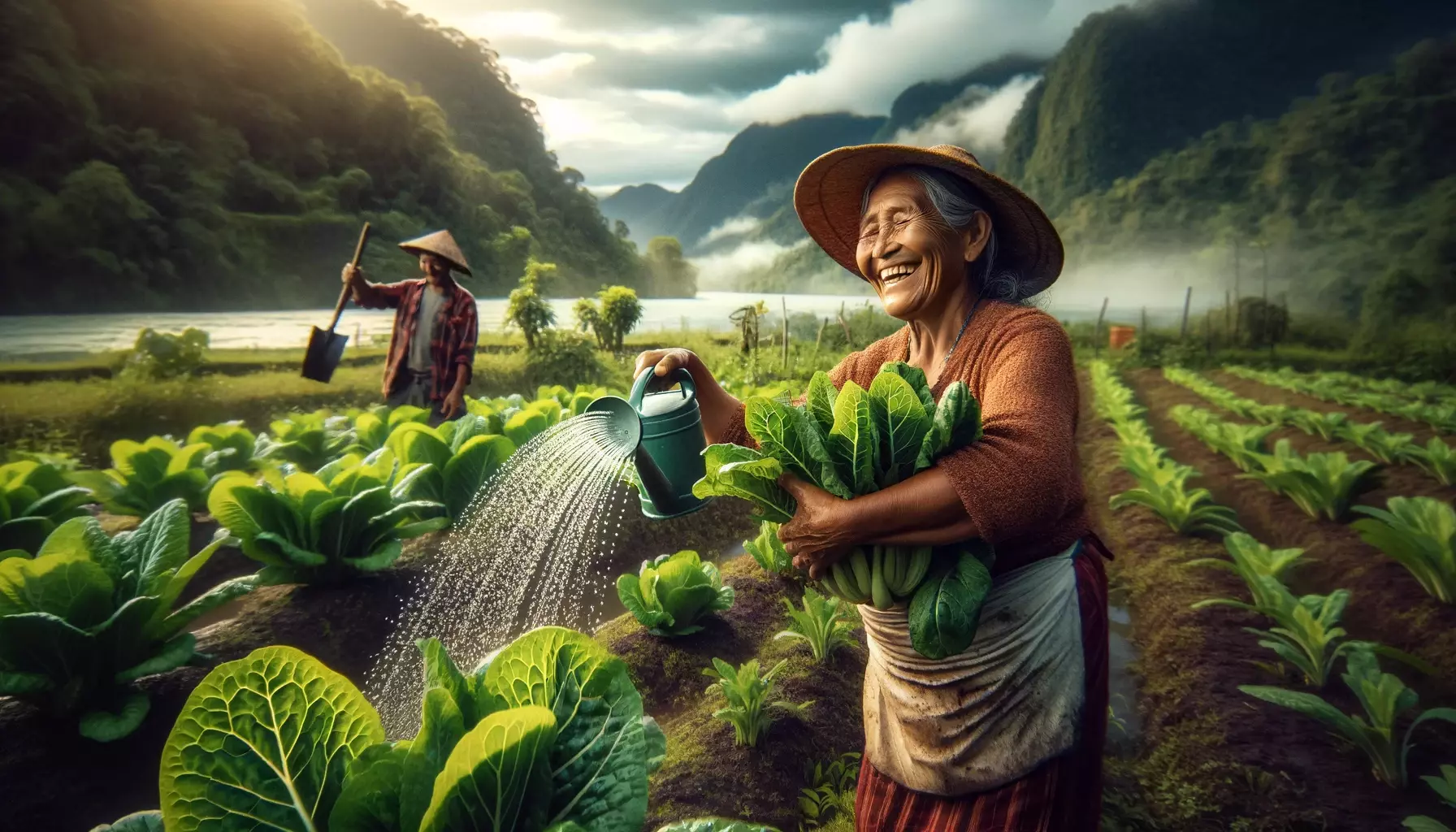Introduction: Kiday’s Transformation Post-Disaster
The community of Kiday in the Philippines, ravaged by floods in 2004, found hope and renewal through a transition to organic farming methods. Today, the Kiday Community Farmers’ Association thrives on agroecology and agroforestry, managing both communal plots and individual gardens.
The Growth of Organic Farming in Kiday
Following the catastrophic floods, Kiday residents embraced organic farming with the help of the Social Action Center, a Catholic Church-led nonprofit. The Kiday Community Farmers’ Association, predominantly comprising women, was formed, marking a significant shift from conventional to sustainable farming practices.
Challenges and Opportunities in Sustainable Agriculture
While the association benefits from nonprofit support, it faces challenges due to the Philippine government’s focus on conventional agriculture. Additionally, the construction of the government-backed Kaliwa Dam presents a new threat to their sustainable practices and community livelihood.
The Community’s Commitment to Organic Practices
Virginia Nazareno, a local farmer-leader, exemplifies the community’s dedication to organic farming. The association’s success in producing large, healthy crops without chemical fertilizers is a testament to their commitment and skill in sustainable agriculture.
Empowering Women Through Agriculture
The association, led primarily by women, is a beacon of empowerment and sustainability. Their involvement in organic farming ensures the production of safe, diverse food for their families and the community.
Innovation in Organic Farming
Kiday’s farmers are innovative in their approach to organic farming, utilizing compost from local organic materials and producing their own natural fertilizers and pest repellents. These practices not only enhance crop growth but also contribute to soil health and ecosystem stability.
Seed Banking for Sustainability
Understanding the importance of seed sovereignty, the Kiday farmers practice seed banking. This ensures the preservation of heirloom seeds and independence from genetically modified seeds often distributed by the government.
Community Spirit in Kiday
The principle of Bayanihan, or communal unity, is deeply rooted in Kiday. The community’s cooperation in managing their communal farm reflects their resilience and collective spirit in the face of challenges.

The Road Ahead: Overcoming Barriers to Organic Farming
Despite the proven benefits of organic farming, Kiday’s farmers confront obstacles such as labor intensity and initial yield reductions. Support from organizations like MASIPAG is crucial in overcoming these challenges and advocating for greater governmental support for organic farming.
The Threat of the Kaliwa Dam
The looming construction of the Kaliwa Dam poses a significant risk to the Kiday community. Fears of flooding and environmental damage are paramount among residents, who have already experienced the devastating effects of natural disasters.
Conclusion: A Community’s Fight for Sustainable Living
Kiday’s journey from disaster recovery to a model of sustainable agriculture highlights the resilience and determination of its people. Their fight against environmental threats and advocacy for sustainable living resonates with the global movement towards eco-friendly practices in agriculture.
